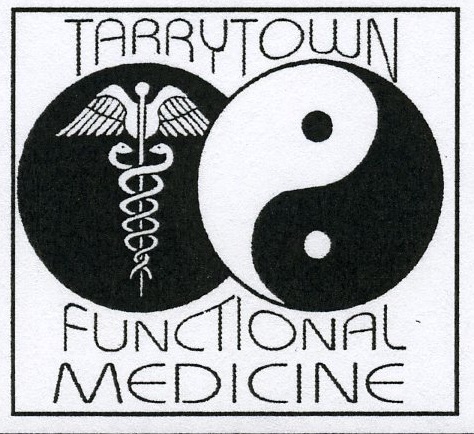|
This is part 3 in a series about soy. There is a lot of misinformation and “soy bashing” out there so I though it right to set the record straight with information from the literature to address these concerns so that people can eat soy without worrying about these consequences. Last time we dealt with soy and its relation to iodine uptake and thyroid suppression.
|
|
Does soy cause hormone disruption in women?
Six premenopausal women with normal menstrual cycles were given 45 mg of soy isoflavones per day. This is equivalent to only 1-2 cups of soy milk or 1/2 cup of soy flour! After only one month, all of the women experienced delayed menstruation with the effects similar to tamoxifen, the anti-estrogen drug given to women with breast cancer (American Journal of Clinical Nutrition 1994 Sep;60(3):333-340).Dietary estrogens in the form of soyfoods were found to have the potential to disrupt the endocrine system with the effects in women similar to taking the breast cancer drug tamoxifen (Proceedings of the Society for Experimental Biology and Medicine 1995 Jan;208(1):51-9). |
|
The studies alluded to seem to indicate that soy is an estrogen blocker causing delayed menstruation and endocrine disruption similar to the drug Tamoxifen. This is consistent with the fact that soy has estrogen lowering properties, and also consistent with the decreased risk of cancer seen in populations that consume soy.
Soy given to premenopausal women in low doses (36 oz soymilk with 5 mg/dsy total isoflavones), has been shown to decrease ovarian hormone levels without altering LH, FSH, or Sex hormone binding globulin (SHBG), indicating that soy in the diet can reduce circulating ovarian steroids without altering gonadotropins (pituitary hormones).[1] This makes it a cancer preventive as excess estrogens have been associated with hormone sensitive cancers. It has been shown to lower total testosterone levels in women with PCOS (polycystic Ovarian Syndrome). Soy isoflavones also lowered free androgen index, serum insulin levels, HOMA-IR (an indication of the degree of insulin resistance), malondialdehyde formation (free radical marker), and raised up total glutathione levels (antioxidant protective substance) after 12 weeks of soy isoflavones at 50 mg/day. [2] This makes it an ideal food for women with acne, whether or not they have PCOS. It may not be an ideal food if eaten excessively, for those with low baseline estrogenic tone, because of the menstrual irregularities seen in the study cited. [1] Lu LJ, et al., Effects of an Isoflavone – Free Soy Diet on Ovarian Hormones in Premenopausal Women. J Clin Endocrinol Metab 2001 Jul;86(7) 3045 – 3052 [2] Jamalian, M et. al.,The Effects of Soy Isoflavones on Metabolic Status of Patients with Polycystic Ovary Syndrome, J Clin Endocrinol Metab. September 2016; 101(9): 3386 – 94 |

